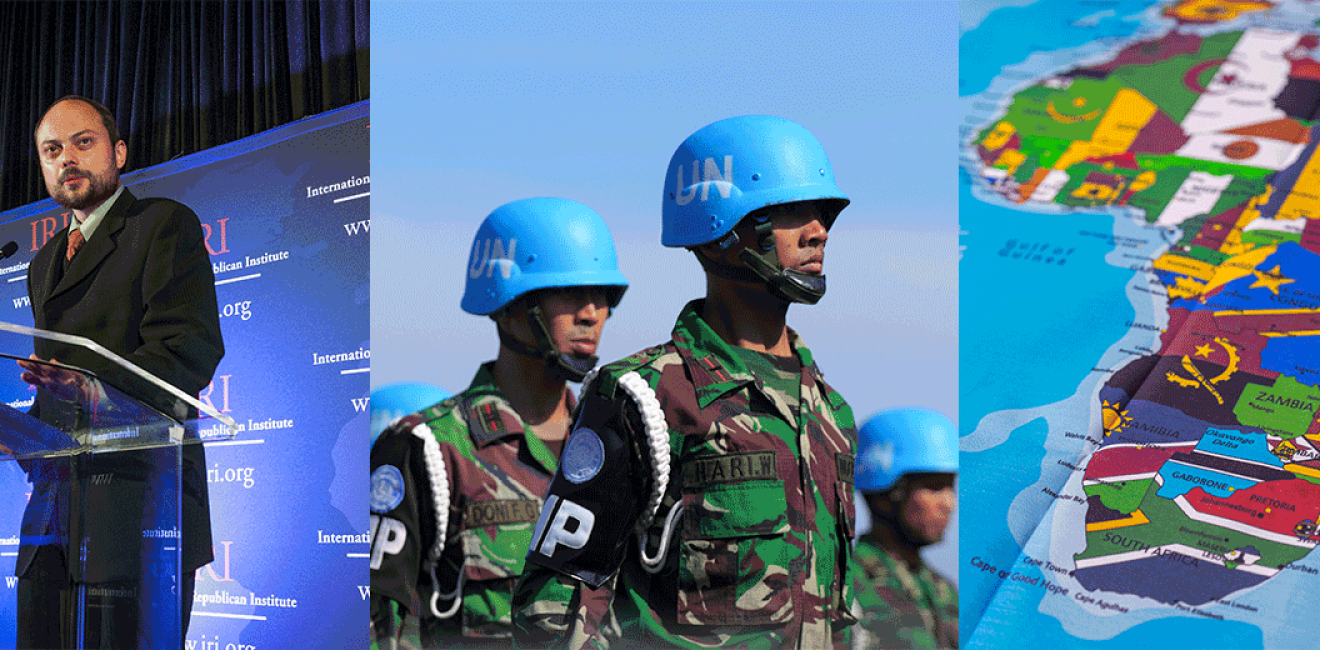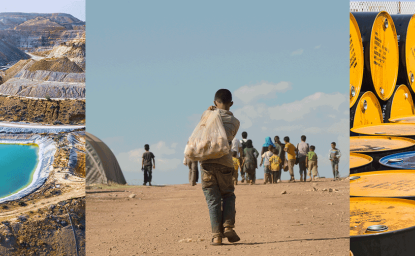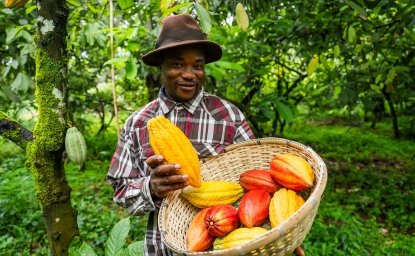Vladimir Kara-Murza is Still in a Russian Prison.
In April of this year, Russian activist and author Vladimir Kara-Murza was arrested and thrown into prison for “discrediting” the military and “spreading deliberately false information.” This fall, the Kremlin announced it was investigating him for “high treason” for speaking out against Putin’s war on Ukraine, a crime that carries a 20-year sentence. But even as he sits in prison, he has continued to write essays critical of the Putin regime. A regular contributor to the Washington Post, his recent essays include “In Putin’s Russia, Dissent is Now Treason,” “Putin’s War on Ukraine is also a War on the Truth,” “Even from Prison I can see Opposition to Putin’s War Growing,” and “I Still Intend to Vote—and Say No to the War .”
Kara-Murza twice slipped into a coma, in 2015 and 2017, showing signs of being poisoned. In 2015, just days after he awakened from his first coma, and still partially paralyzed, I had the chance to meet him. When I asked him what message he had for Americans, in a raspy, but determined voice he said, “Never, never give up on the Russian people.”
Earlier this year, in response to written questions that reached him from the BBC, Kara-Murza wrote, “the price of silence is unacceptable.” In October, the Parliamentary Assembly of the Council of Europe awarded him the Vaclav Havel Human Rights Prize.
To hear more from him, watch him during a May 2021 Kennan Institute discussion, where I had the honor of introducing him for the Wilson Center.
There are No Fewer than 12 UN Peacekeeping Missions Currently Deployed Worldwide.
At the end of 2022, there are 12 United Nations peacekeeping missions active in various parts of the world.
The oldest, UNTSO (UN Truce Supervision Organization), based in Jerusalem, was first set up in 1948, and has remained in the region ready to “monitor ceasefires, supervise armistice agreements, prevent isolated incidents from escalating and assist other UN peacekeeping operations….” The second oldest, UNOGIP (UN Military Observer Group in Indian and Pakistan), has been deployed in Islamabad since 1949 to “supervise the ceasefire between India and Pakistan” in Jammu and Kashmir. The largest numbers of peacekeepers are in missions in Africa—UN Organization Stabilization Mission in Democratic Republic of the Congo, or MINUSCO, in the DRC, is made up more than 18,000 personnel.
The deployment of UN peacekeepers is not merely a carryover from the past. While the two oldest missions were established more than seventy years ago, a large number of the current missions were set up in 2010 or later. A security force in Abyei (UNISFA) was established in 2010, another in South Sudan (UNMISS) in 2011, a stabilization unit was set up in Mali (MINUSMA) in 2013, and an integrated stabilization unit went to the Central African Republication (MINUSCA) in 2014.
Of course, many other missions have come and gone since peacekeepers were sent to Israel and India/Pakistan. According to the UN website, there have been more than 70 such operations involving hundreds of thousands of military personnel and tens of thousands of civilians from over 120 countries.
Africa Accounts for Less than Three Percent of World Trade.
Even though Africa is the second largest continent (roughly 17 percent of the world’s population), the youngest continent (median age of 20, with 60 percent of the world’s 25 and under population), and has abundant natural resources (including important critical minerals), it only accounts for three percent of the world’s trade. A recent book by the World Bank makes the case that increased and diverse, global trade is crucial for Africa to transform economically. This is true even though African exports of goods and services have had their fastest growth ever throughout the past decade.
Just maybe, changes are on the way. In May 2019, African leaders officially ratified the African Continental Free Trade Area, or AfCTA. While COVID-19 and Russia’s war on Ukraine have created economic turbulence that has hit Africa especially hard, leaders hope to fully implement the AfCFTA by 2030. Experts say it has the potential to be the world’s biggest free-trading bloc with a market of around 1.3 billion people, and a combined gross domestic product of $2.5 trillion.
China sees the same potential for Africa that the World Bank does. In early September, it announced it would drop all tariffs on 98 percent of the goods imported from select African nations. Observers said that while dropping such tariffs were unlikely to produce significant benefits for the nations chosen, it was another step in China’s active “charm offensive” on the continent.






